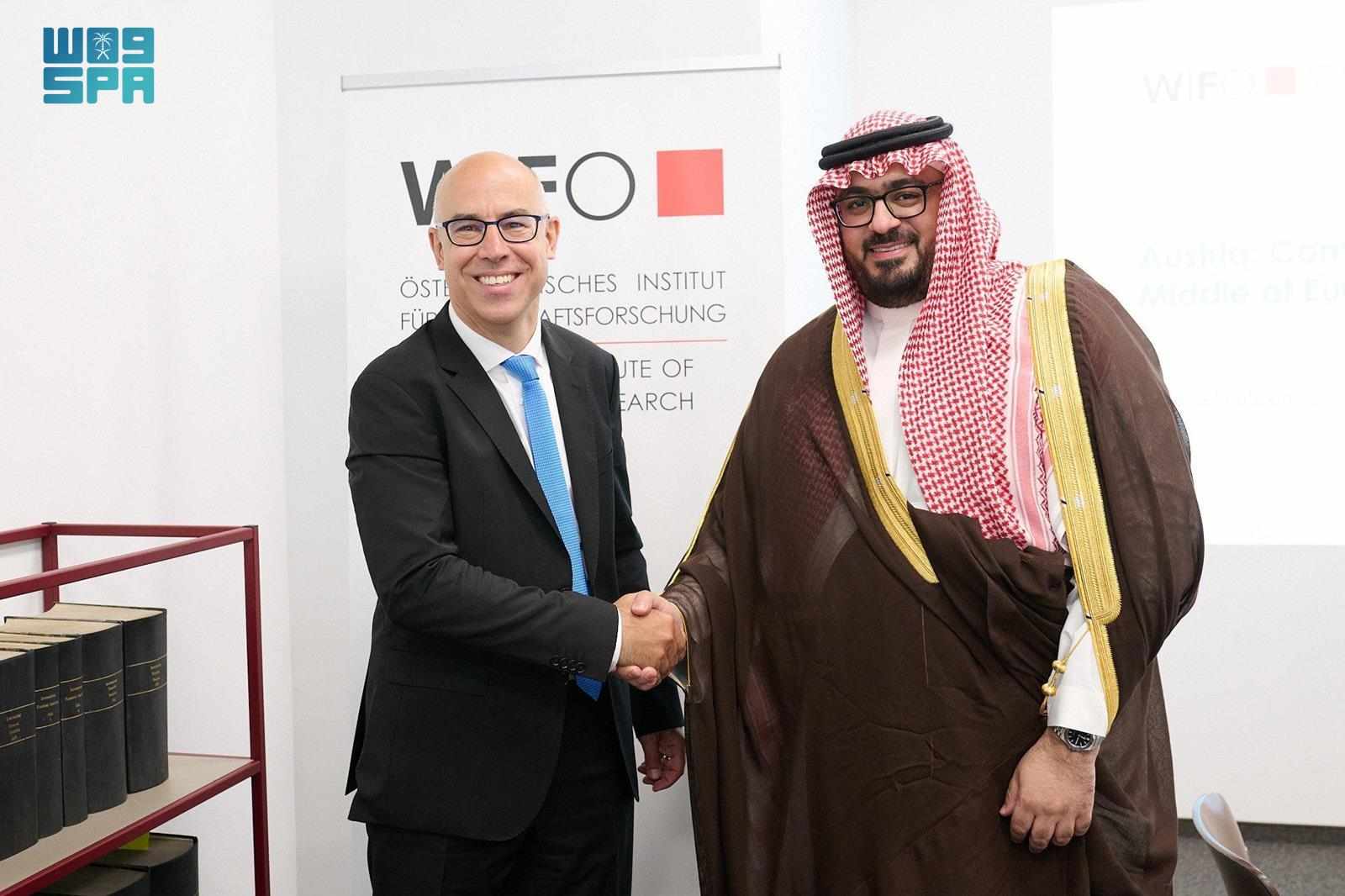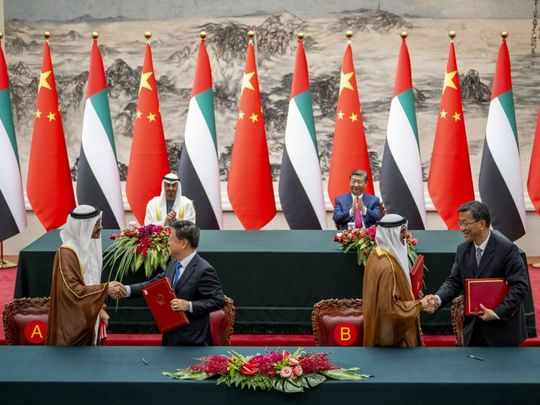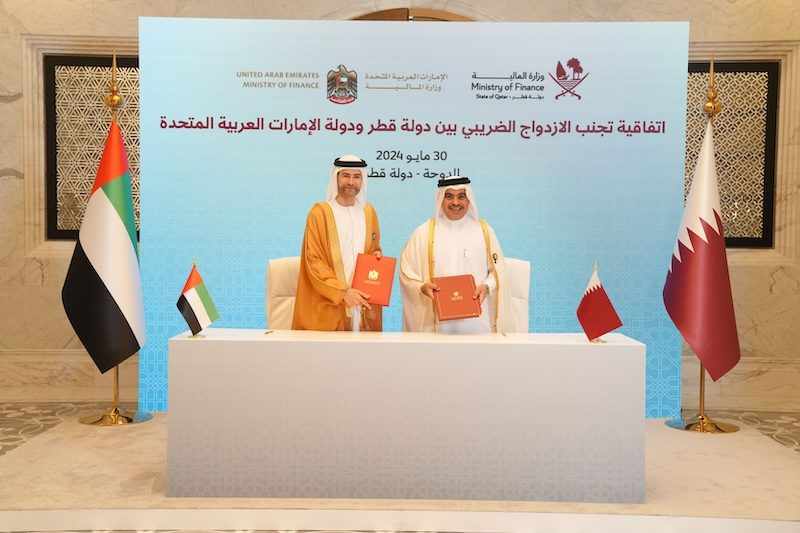Islamic bank liquidity management tools slow to develop, availability varies
- Date: 29-Nov-2022
- Source: Zawya
- Sector:Financial Services
- Country:UAE
Islamic bank liquidity management tools slow to develop, availability varies
Fitch Ratings-Dubai/London: The limited range of Islamic liquidity management instruments (ILMI) is a long-standing challenge for Islamic banks in many countries, especially in niche and developing Islamic banking markets, Fitch Rating says. Mainstream markets – including those in the Gulf Cooperation Council (excluding Oman) and Malaysia – have a wider range of ILMI despite some product gaps.
We expect ILMI to develop slowly due to unsupportive regulations, sharia-compliance complexities, limited standardisation, the small number of Islamic banks and the underdeveloped financial sector in many Organisation of Islamic Cooperation countries.
ILMI are used to help banks efficiently manage their excess liquidity or as a source of alternative funding. They include tradable government sukuk, Islamic interbank placements and Islamic liquidity facilities with central banks. Islamic banks cannot access interest-bearing liquidity facilities available to conventional banks due to sharia-restrictions.
Islamic banks in most key markets use wakala, tawarruq and murabaha for Islamic interbank placements, which replicates conventional interbank placements to some extent. However, its usefulness is challenged by unresolved sharia concerns for tawarruq, additional administrative processes, and lower market depth of Islamic interbank market compared to conventional markets, more so in countries with few Islamic banks.
Regulatory hurdles also hinder development. Tawarruq is not allowed in Oman,





















